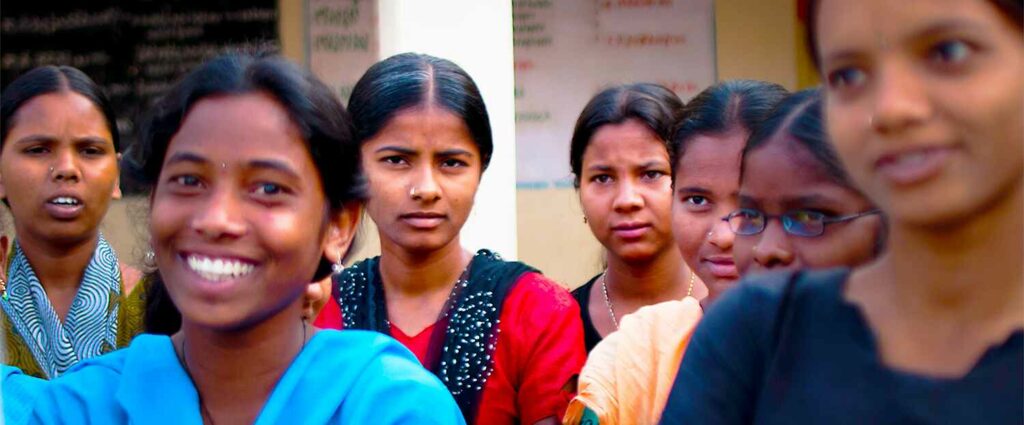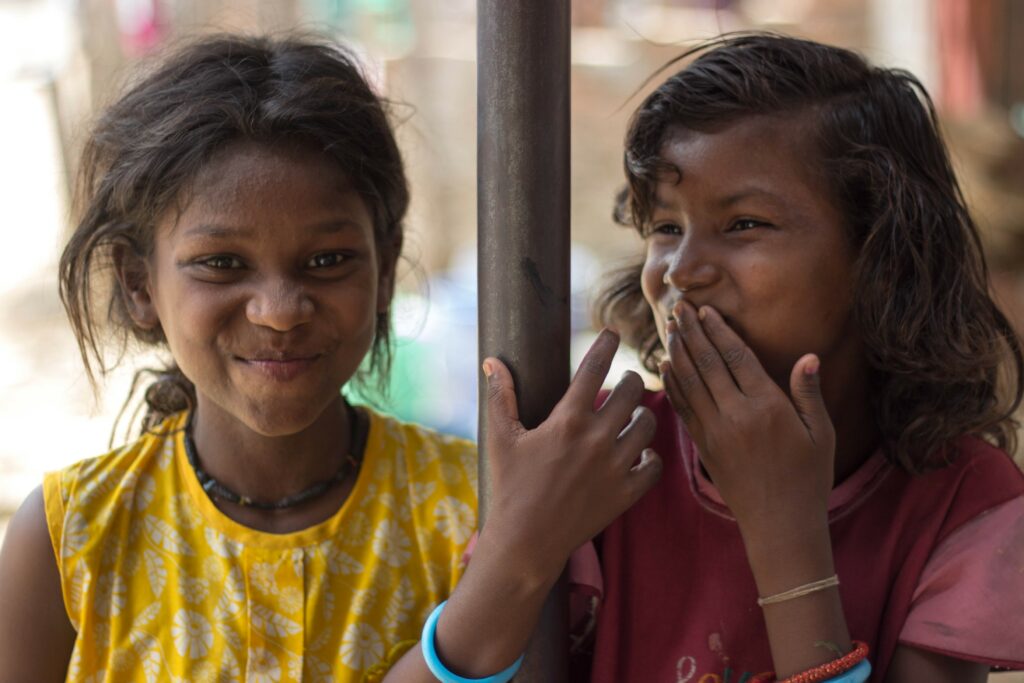
How Menstrual Hygiene Health Education Empowers Girls and Breaks Social Taboos
Summary/TL;DR on Menstrual hygiene health educationMenstrual hygiene health education is more than just a biology lesson; it is a vital tool for ....
Read MoreIn India, menstruation remains a taboo subject, surrounded by silence, myths, and discomfort. For millions of girls, this silence leads to feelings of shame, fear, and confusion. Instead of receiving support during this natural stage of life, they face restrictions, judgment, and isolation. This is what we call period shame, and its effects extend well beyond the physical; it can severely impact a girl's mental health, self-esteem, and sense of identity.

Period shame is the negative perception associated with menstruation that makes girls feel embarrassed or dirty for something completely natural. This stigma often starts at home and is reinforced in schools and communities. Girls are told to hide their periods, not speak of them, and avoid everyday activities like entering kitchens or temples.
In many cases of period shaming in India, girls are made to sleep separately, sit in isolated corners at school, or miss out on key events because of cultural taboos. These practices teach girls to associate their bodies—and especially menstruation—with negativity.
Also Read: Importance of Menstrual Hygiene Education For Girls
While the physical effects of menstruation are widely discussed, its emotional and psychological toll is often ignored. Girls internalise the stigma, and that can deeply affect their mental well-being.
A girl who is constantly told to hide her period may begin to feel ashamed of her body. She might worry about staining her clothes at school, getting teased, or even being excluded from group activities. This anxiety builds up, often leading to fear, stress, and mental exhaustion, especially in the absence of supportive environments.
When a girl is made to feel that her period is impure or shameful, it can significantly damage how she views her body. Instead of feeling empowered by growing up, she may begin to think that something is "wrong" with her. This can lead to poor body image, low self-confidence, and an unwillingness to participate in social situations.
Many girls choose to skip school or stay away from friends during their period, not because of discomfort, but because of fear of embarrassment or being judged. Over time, this can lead to social isolation and emotional withdrawal. When girls are left alone with their confusion and fear, they are less likely to ask questions, seek help, or express what they’re going through.
Also Read: The Importance of Mental Health for Children
The shame around menstruation doesn't just affect girls’ emotions—it directly impacts their education and future. Many girls, especially in rural areas, miss school during their periods due to a lack of access to menstrual hygiene products or facilities. Some drop out altogether because of the recurring cycle of shame and missed learning. Girls also avoid sports, community events, and travel due to societal restrictions, further limiting their growth and exposure. The period stigma becomes a barrier to opportunity, freedom, and progress.
Ending period shaming in India starts with normalising conversations about menstruation. Schools, families, and communities need to provide safe, judgment-free spaces where girls can talk openly and learn without fear. Educating boys and men is also critical. When everyone understands that periods are natural and not something to be ashamed of, we start breaking down the walls of stigma, together.
Support systems are vital for girls navigating period shame. Mental health awareness in schools, access to trained counsellors, and peer discussion groups can help girls feel seen and heard. Even simple acts—like encouraging open conversations or including period education in school curricula—can make a huge difference.
At CRY – Child Rights and You, we believe that no girl should feel ashamed of her body. Through our on-ground programs, we:
We work to ensure that periods are not a source of fear or embarrassment, but a natural part of life that girls can manage with dignity. By addressing both the physical and emotional impact of period stigma, we’re helping girls reclaim their voice, their confidence, and their right to a better future.
Let’s end period shame—together. Donate now!
Support CRY’s efforts to create a world where every girl grows up confident, educated, and stigma-free.